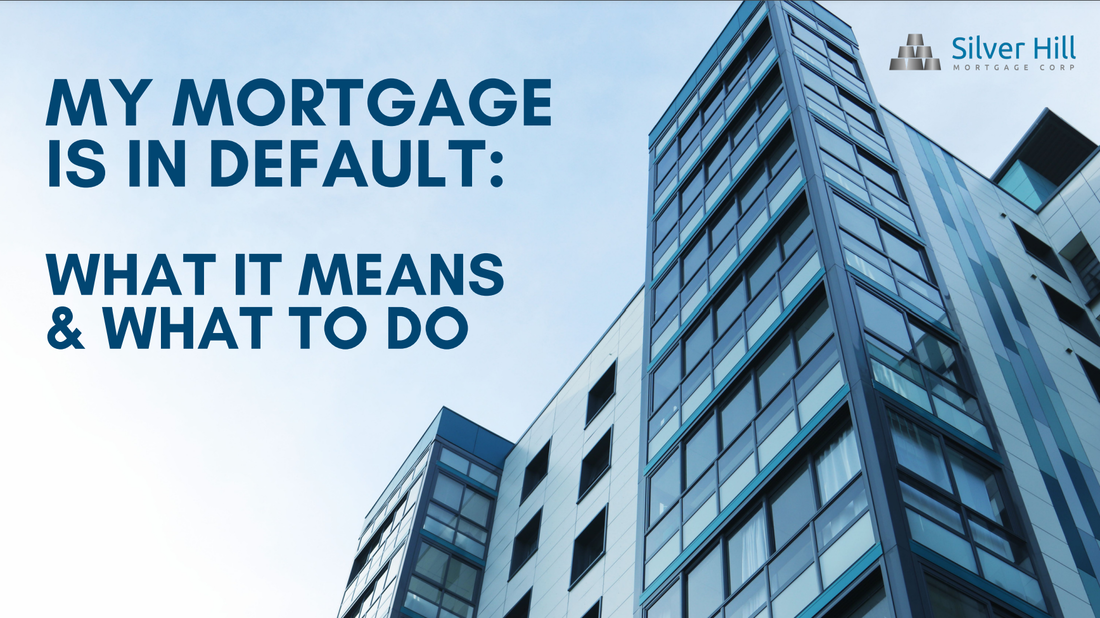|
With portions of the economy severely slumping and job uncertainty looming as the COVID-19 pandemic continues, it may be tough for some to maintain their monthly financial obligations. Imagine if you could no longer pay your rent or mortgage payment, for whatever reason. The uncertainty of what to do may be very crippling and overwhelming for anyone, whether you live in the city like Vancouver, or out elsewhere in the Lower Mainland. Simply maintain the terms of the mortgage and payments as agreed with the lender, and you will remain problem free. However, if the terms are not met and payments are missed, the lender may exercise a number of actions against you to save their security. A number of factors may trigger a default of your mortgage. These include:
What are my options? There are several options for borrowers when in default. If a borrower is having difficulty maintain their mortgage payments, there are many options to consider, depending on your situation. These include:
It is best to always remain connected with the lender and reassure them that you are trying work out a solution. You want to avoid getting into a situation where you may be headed towards foreclosure. Mortgage foreclosure is costly and the last thing any lender wants to do is re-possess the property or force a sale through foreclosure. Lenders Options When in Default:
If a borrower has exhausted all of the possible options and still unable to stop default, the lender has options they can exercise and help remedy the situation. The lender will try and work with the borrower to remedy the default, but if all fails, the lender may:
If ever you are in a vulnerable financial situation and may default on a loan payment, the best advice is to contact the lender. Reach out to the lender well in advance of the payment due date and notify them. Let them know that you are going through rough waters, and that you want to make things work and ultimately find a solution. The worst thing to do is to remain silent and ignore the lender and your responsibility. Also, you may contact a mortgage broker, who will outline the options available to you. Needing help with your mortgage or have questions about your options? Give us a friendly call today at (604) 620 2697 and we’d be happy to help out! |
Silver Hill BlogJim Horvath is the principal broker and director of Silver Hill Mortgage Corp., arranging private mortgage loans in British Columbia for over 25 years. Archives
May 2024
Categories |
|
Silver Hill Mortgage Corp. Head Office
2902 West Broadway | Suite #302 Vancouver, BC, Canada V6K 2G8 E: info@yourequityloan.ca P: 604.620.2697 F: 855.299.5832 (Toll Free) |
Stay in Touch |
About UsSilver Hill Mortgage Corp. is a trusted industry leader in delivering home equity loans and other private mortgage financing solutions for homeowners and bank declined customers in British Columbia. Get in touch to get approved today.
Copyright © 2024 Silver Hill Mortgage Corp. All rights reserved. |
Proudly serving our BC communities:
Vancouver Private Mortgage | Surrey Private Mortgage | Burnaby Private Mortgage | Richmond Private Mortgage | Abbotsford Private Mortgage | Kelowna Private Mortgage | Nanaimo Private Mortgage | Victoria Private Mortgage | White Rock Private Mortgage | Coquitlam Private Mortgage | Langley Private Mortgage
Vancouver Private Mortgage | Surrey Private Mortgage | Burnaby Private Mortgage | Richmond Private Mortgage | Abbotsford Private Mortgage | Kelowna Private Mortgage | Nanaimo Private Mortgage | Victoria Private Mortgage | White Rock Private Mortgage | Coquitlam Private Mortgage | Langley Private Mortgage



 RSS Feed
RSS Feed
